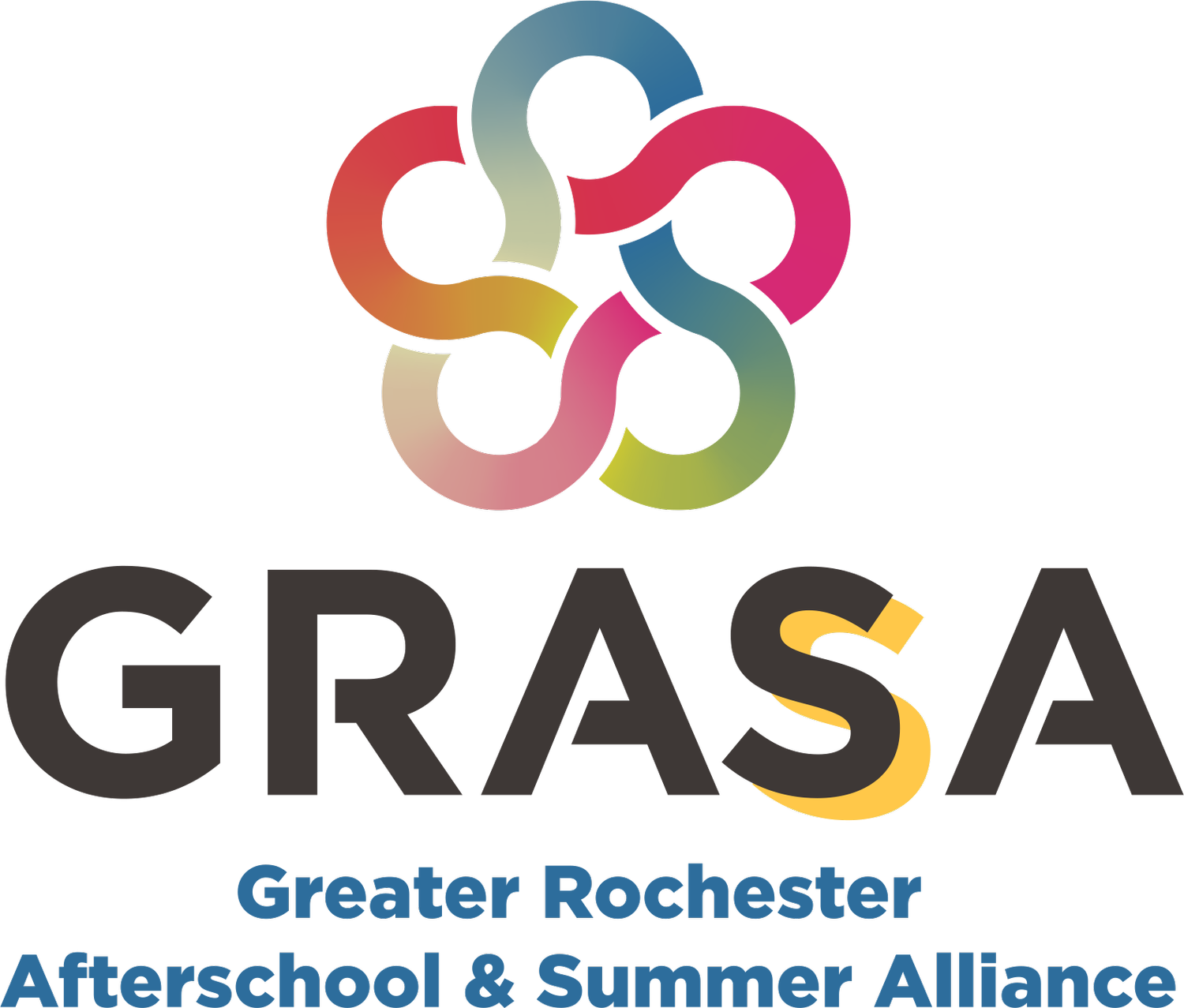Quality is Core to OST
David P. Weikart Center for Youth Program Quality
In a high-quality OST program, children and youth are more likely to develop personal skills needed to succeed in school and in life. During the past decade, research has demonstrated that high quality is critical for OST programs to achieve positive outcomes (Durlak et al., 2010, 2011; McCombs, Whitaker, & Yoo, 2017). Youth experience fewer or no benefits when attending lower-quality programs, but high-quality programs contribute to youth development, well-being, and academic success. Because of this, GRASA is committed to supporting and building access to high-quality opportunities for youth.
GRASA’s Quality Matters Initiative builds the capacity of youth-serving organizations to improve and enhance program quality through coaching, training, custom supports and learning opportunities that meet the needs of partner providers. We take an integrated approach to helping providers scale and sustain program quality over time. As the needs of the afterschool community, children and families change, Quality Matters evolves its supports to better meet those needs
Lasting quality improvement requires more than what you get in a typical training. That’s why GRASA helps youth programs establish continuous quality improvement systems to support staff. Our approach is based on the assess-plan-improve sequence, a research-validated quality improvement system and process developed through the David P. Weikart Center for Youth Program Quality, a division of the Forum for Youth Investment. The improvement system helps youth programs set meaningful improvement goals based on data, enact new practices, and create powerful developmental environments for youth.
Quality out-of-school time experiences play an important role in helping Rochester-Monroe County’s youth recognize and achieve their greatest potential; that’s why we are committed to continuous program improvement through the GRASA Quality Matters Improvement Cycle. Participation in the cycle helps organizations improve the quality of their programs and the outcomes and experiences of their youth participants.

